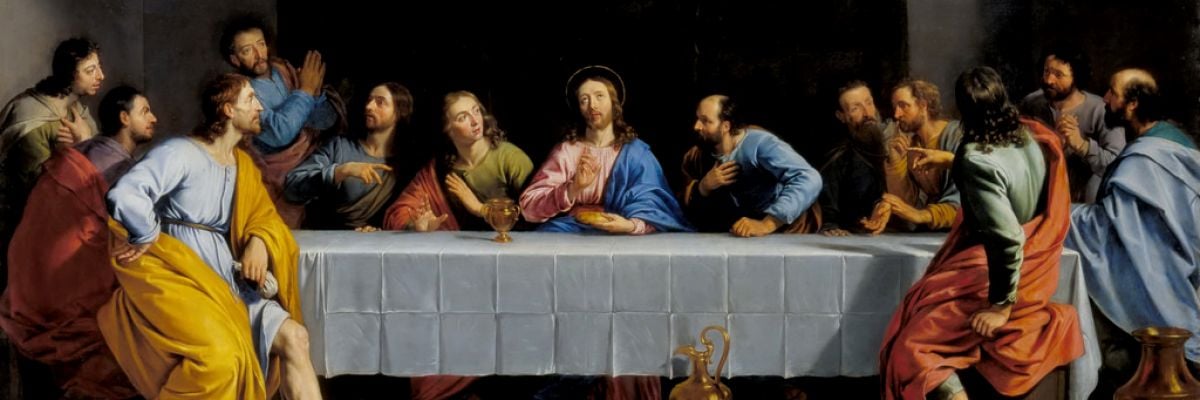
DAY 317
CHALLENGE
“The synoptic Gospels say the Last Supper was a Passover meal, but John indicates it wasn’t (John 18:28, 19:14).”
DEFENSE
There are multiple resolutions to this challenge.
First, there were disputes about the calendar in first-century Judaism. Some have proposed Jesus used a different calendar than the temple authorities, so he ate the Passover meal a day earlier than the Jewish authorities mentioned in John 18:28.
Second, it’s been proposed Jesus simply celebrated the Passover a day early because he knew he was going to die. He made other changes to the meal as well (e.g., instituting the Eucharist), and the disciples— who recognized him as having “the words of eternal life” (John 6:68)— would have gone along with their Lord’s celebration a day early.
Third, it’s been argued John has been misunderstood.
There are several indications in John that [the Last Supper] was a Passover meal: It was held in Jerusalem, although Jesus was staying in Bethany for the festival (John 12:1). Jesus and his disciples did not return to Bethany that evening—it was required that the Passover night be spent within the ritual limits of the city. Jesus’ statement that those who have washed need only their feet cleaned implies that the disciples had washed before the meal (John 13:10). This would have been a ceremonial cleansing to prepare for the Passover meal. The disciples thought that Judas left the meal to buy (additional?) provisions for the feast or to donate money to the poor. It was customary to donate to the poor on Passover night (Andrew Steinmann, From Abraham to Paul, 275).
On this view, the passages in John thought to show the Crucifix-on occurred before Passover have been similarly misunderstood. John 18:28 says the Jewish authorities had not yet eaten the Passover meal, but they had been busy all night, preparing for Jesus’ arrest, taking him into custody, and interrogating him (Steinmann, 278–79). They hadn’t had time yet! John 19:14 says the Crucifixion happened on “the day of preparation of the Passover.” This wasn’t the day before Passover. “The day of preparation” was an idiom referring to Friday, and “Passover” was commonly reckoned as including the weeklong feast of unleavened bread. John means Jesus was crucified on the Friday of Passover week (Steinmann, 275–78).



